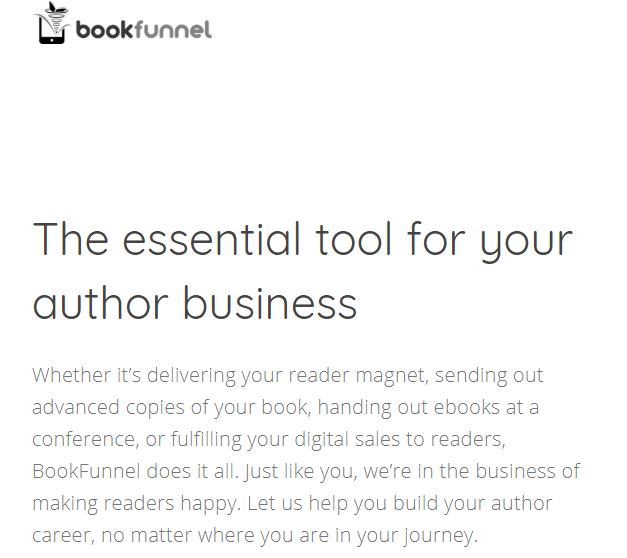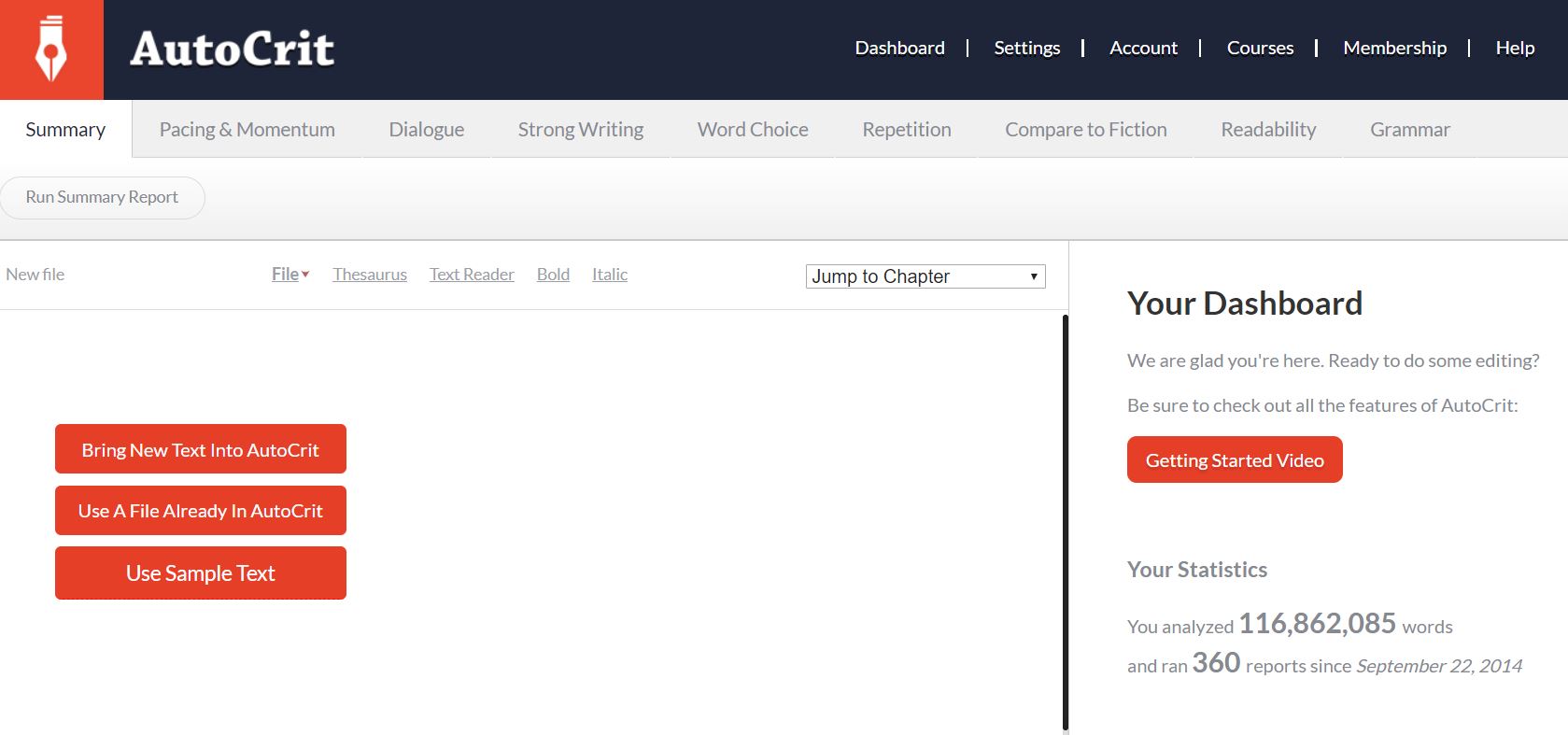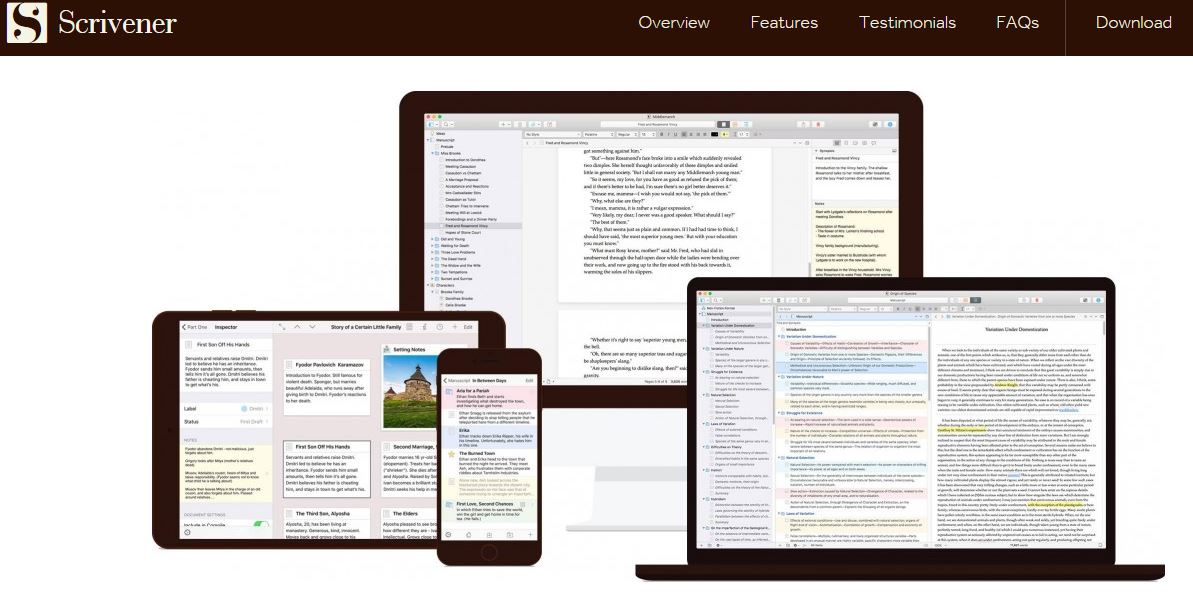Heh – when I logged onto WordPress this evening, I had no idea what I was going to write about, then saw I had saved this title two weeks ago. Present Greg thanks Past Greg!
It’s true, in a way – I quit my job so I could write more, but that was one part of the equation (yay, a cliche and I’m only on the second paragraph). I was in charge of information security for a decently sized community bank and I could have remained in the position for many more years beyond the five-and-a-half I had already served – maybe even to retirement. It was a comfortable existence. But God had other plans for me.
On the professional side, the message I received was that while I was using my talents well, I could apply them more effectively. Small and midsized businesses don’t have access to the information expertise Chief Information Security Officers (CISOs) bring, so we provide part-time virtual CISO services that fit their budget and risk tolerance. I’m using my talents more for service while still earning a living.
On the writing side, I am called to write Christian fiction novels, as I’ve mentioned before, but it wasn’t always that way. My first two novels are more fantasy with some Christian elements and some non-Christian ones. I struggled to find writing time, and quitting my job was supposed to provide more bandwidth to write.
Here’s the odd part of all of this. I am working harder in my professional field than I ever have before, and yet I have more time for writing. How is that possible? My making this move, I’ve eliminated several time-wasters:
Commute – I cannot begin to calculate how much time I’ve wasted in traffic. Podcasts and audio books can only go so far. For awhile, I rode a commuter bus to work and was able to then write during the commute, but the conditions were not ideal.
Now, my drive is less than five miles each way in light traffic. I could have kept my home office and reduced my commute to zero, but I found that I accomplish much more outside the home office.
Meetings – It’s a fact of corporate existence – meetings. Meetings to discuss meetings. Meetings to examine output from meetings. Meetings just to hold regular meetings. Meetings that you don’t need to be in. Sure there are productive meetings, but in hindsight looking back on my career probably 50% of the time I spent in meetings was wholly unproductive. Now all of my meetings are productive, because my clients pay by the hour.
Low-Value Projects – This relates to meetings, as all projects hold meetings to discuss progress. But when those projects are not significantly advancing the core reasons why you’re employed, all activities associated with the projects, including meetings, become an exercise in checking boxes. I once sat through a series of meetings on designing policy templates, including the type and size of font. Is that really an efficient use of a senior executive’s time? See the “pay by the hour” comment above.
Nine-To-Five – I have the flexibility to create my schedule as I see fit. This means that often I start the workday at 5:30, take a writing break from 7-8:30, and work until 3:30, then go to the gym, ride my bike, or whatever. When inspiration hits, I can stop what I’m doing (for the most part) and write. You can’t do that on corporate time.
The takeaway? God has given me the opportunity to use my time efficiently. It’s up to me to do so for His glory.
Photo by Rye Jessen on Unsplash




 small and midsized businesses with access to quality, experienced CISO talent. Business has been solid, and we have clients nationwide. I enjoy helping businesses, plus it is a calling – check this
small and midsized businesses with access to quality, experienced CISO talent. Business has been solid, and we have clients nationwide. I enjoy helping businesses, plus it is a calling – check this 

 well, sugary for lack of a better word. Being a Christian is not easy. Life in time doesn’t become sunshine and roses upon professing faith. That is the beginning of a long, dedicated walk with Jesus, one that sometimes is more difficult to traverse than others as we struggle with issues in our lives here. Sometimes he carries us (as in the famous “Footprints” poem).
well, sugary for lack of a better word. Being a Christian is not easy. Life in time doesn’t become sunshine and roses upon professing faith. That is the beginning of a long, dedicated walk with Jesus, one that sometimes is more difficult to traverse than others as we struggle with issues in our lives here. Sometimes he carries us (as in the famous “Footprints” poem).